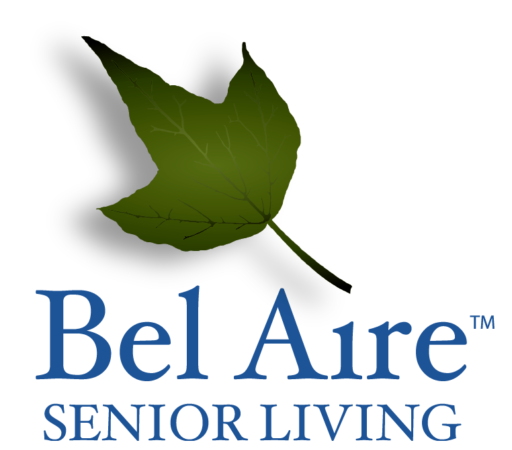Does your loved one struggle or act out late in the day? Are you aware if they have dementia? Your loved one could be suffering from Sundown Syndrome. Sundown Syndrome, or sundowning, is common in elderly individuals especially for those with dementia or Alzheimer’s disease. Sundowning is when their behavioral and psychological symptoms worsen in the early evening or late afternoon. Here at Bel Aire Senior Living we know what to watch for and how to help those with sundowning problems. The following are signs of sundowning in elderly people.
Confusion
A heightened state of confusion or disorientation, which can lead to difficulty recognizing familiar people or surroundings. This confusion can lead them to have hallucinations or delusions. These often include seeing or hearing things that aren’t there or believing in false or paranoid ideas. Oftentimes they’re confusion leads them to not know if it is day or night. Another part of their confusion is increased difficulty with communication. Expressing themselves or understanding others can become hard for them which can lead to immense frustration.
Aggression
Episodes of verbal or physical aggression, which can include yelling, hitting, or pushing. This could be caused just from the amount of confusion they are suffering from. Other times it is completely out of the blue. They may also resist any care you try to offer them. It would look like refusal or resistance to assistance with daily tasks, such as bathing or dressing. They may become aggravated by other pre-existing symptoms, such as anxiety, which may worsen during the sundowning episodes.
Restlessness
All types of restlessness are common. Physically they could be pacing, wandering, or inability to sit still. Mentally they could be accompanied by an inability to focus or concentrate. This can also cause sleep disturbances. As the sun is down it is common to notice increased nighttime awakenings. One minute they could be sleeping and the next they could be emotionally and physically worked up for seemingly no reason at all. This can lead into the next point; mood swings.
Mood swings
Rapid and unpredictable shifts in mood, including sadness, fear, or anger are common signs of sundowning. It’s crucial to approach mood swings in elderly individuals with patience, empathy, and understanding of their needs. The more you manage these mood swings by showing that support and empathy the more it will enhance the overall quality of life for them.
At Bel Aire we have a trained staff that recognizes each sign of sundowning and knows how to support and help each resident that may struggle with this. They are there to help them 24/7. It’s important to note that not all elderly individuals will experience sundowning, and the severity and frequency of symptoms can vary from person to person. The exact cause of sundowning is not fully understood, but it is thought to be related to bodily chemical makeup. Managing sundowning in elderly individuals may involve several strategies, including maintaining a consistent daily routine, providing a calm environment, ensuring proper lighting, and addressing any underlying conditions. We understand that it can be hard but with a team of trained staff members it is easier to manage.

